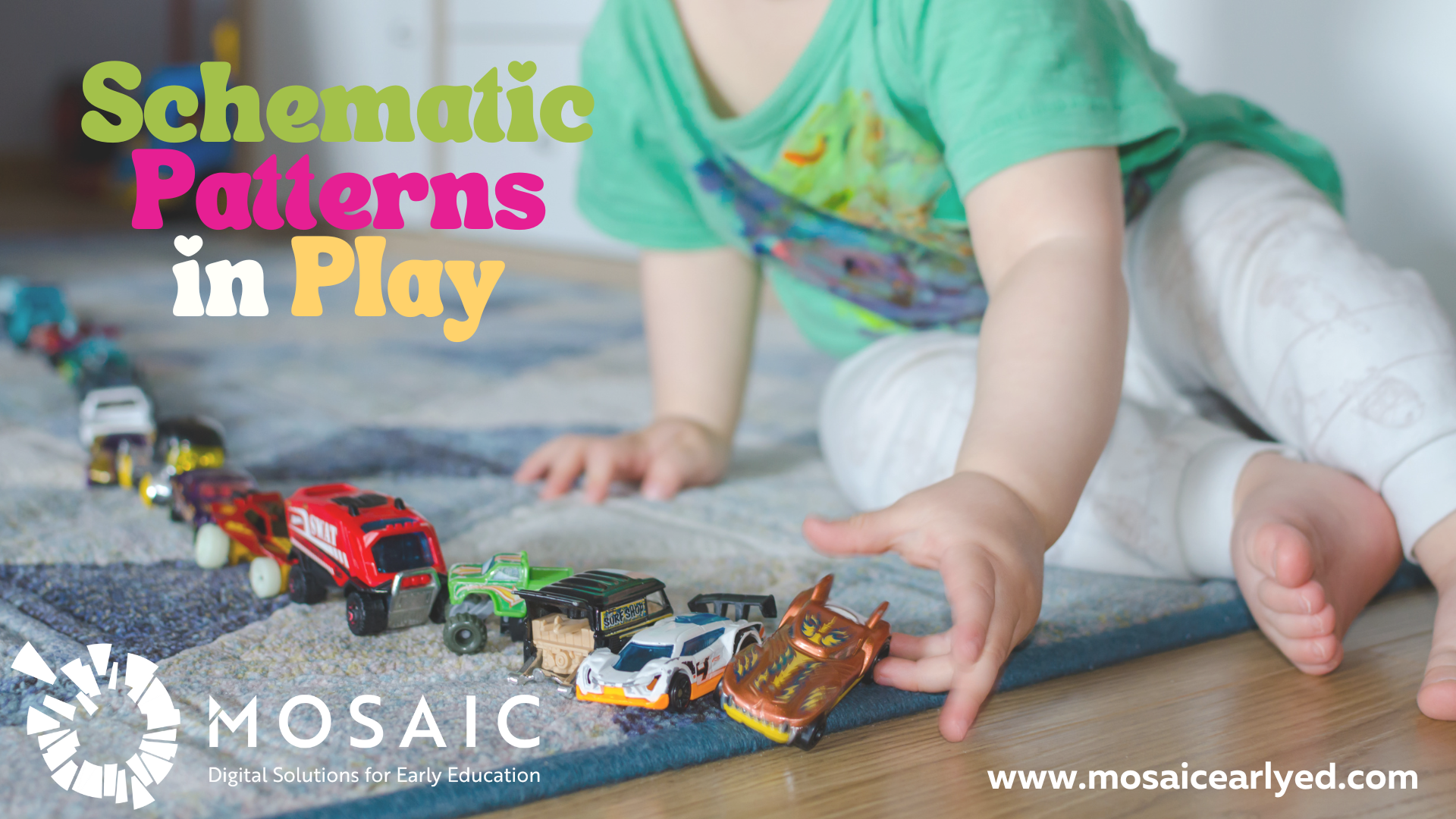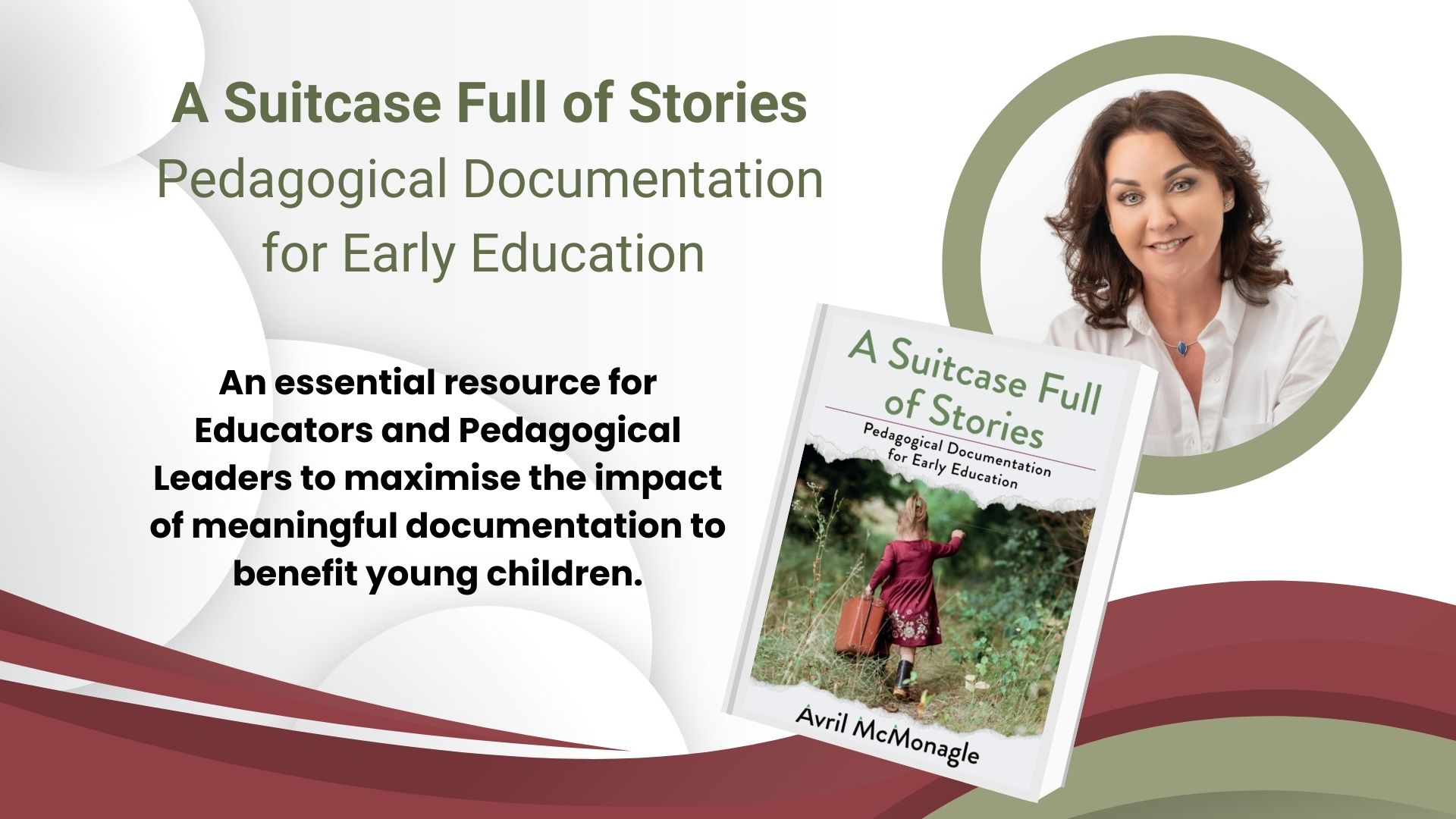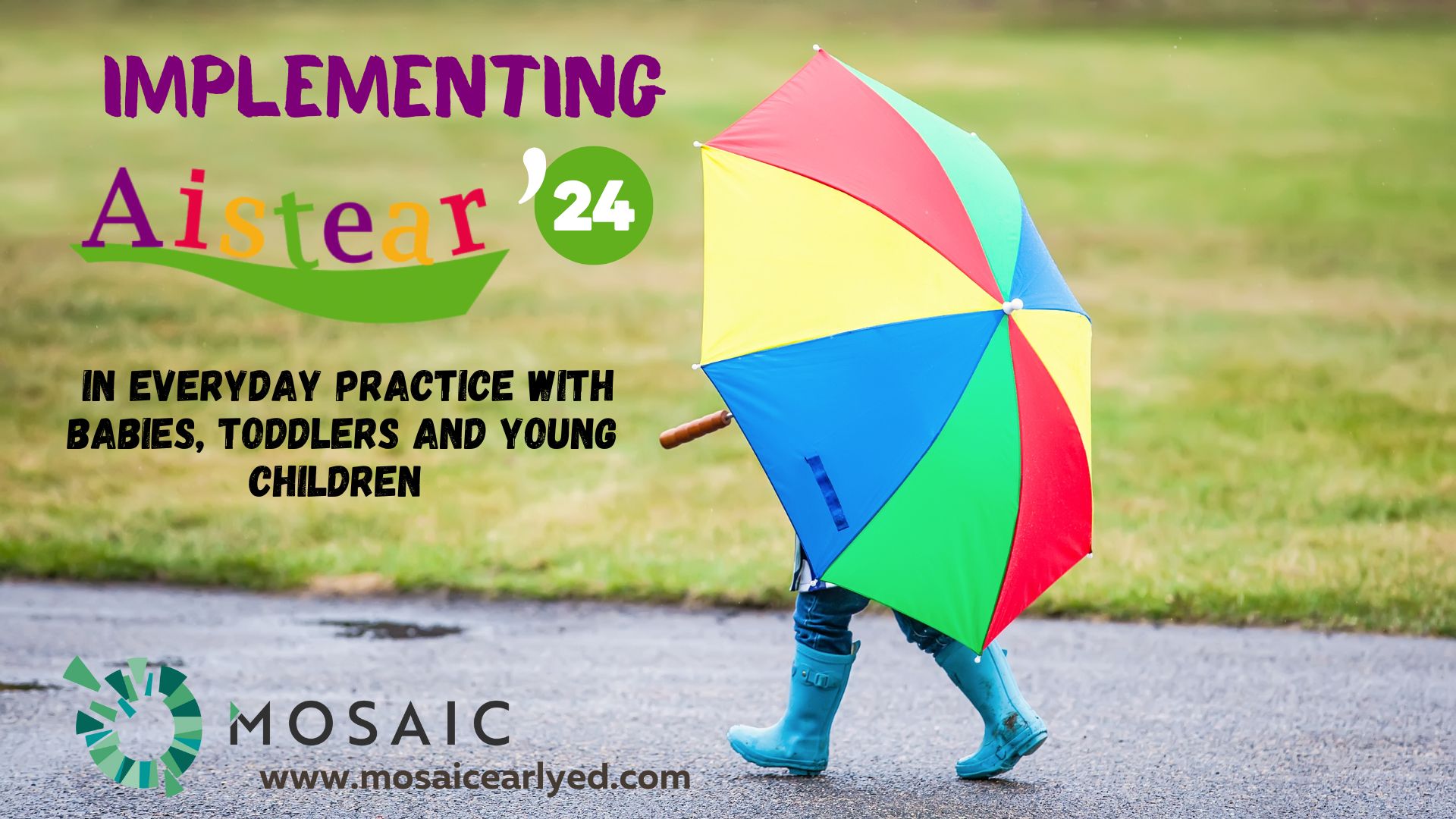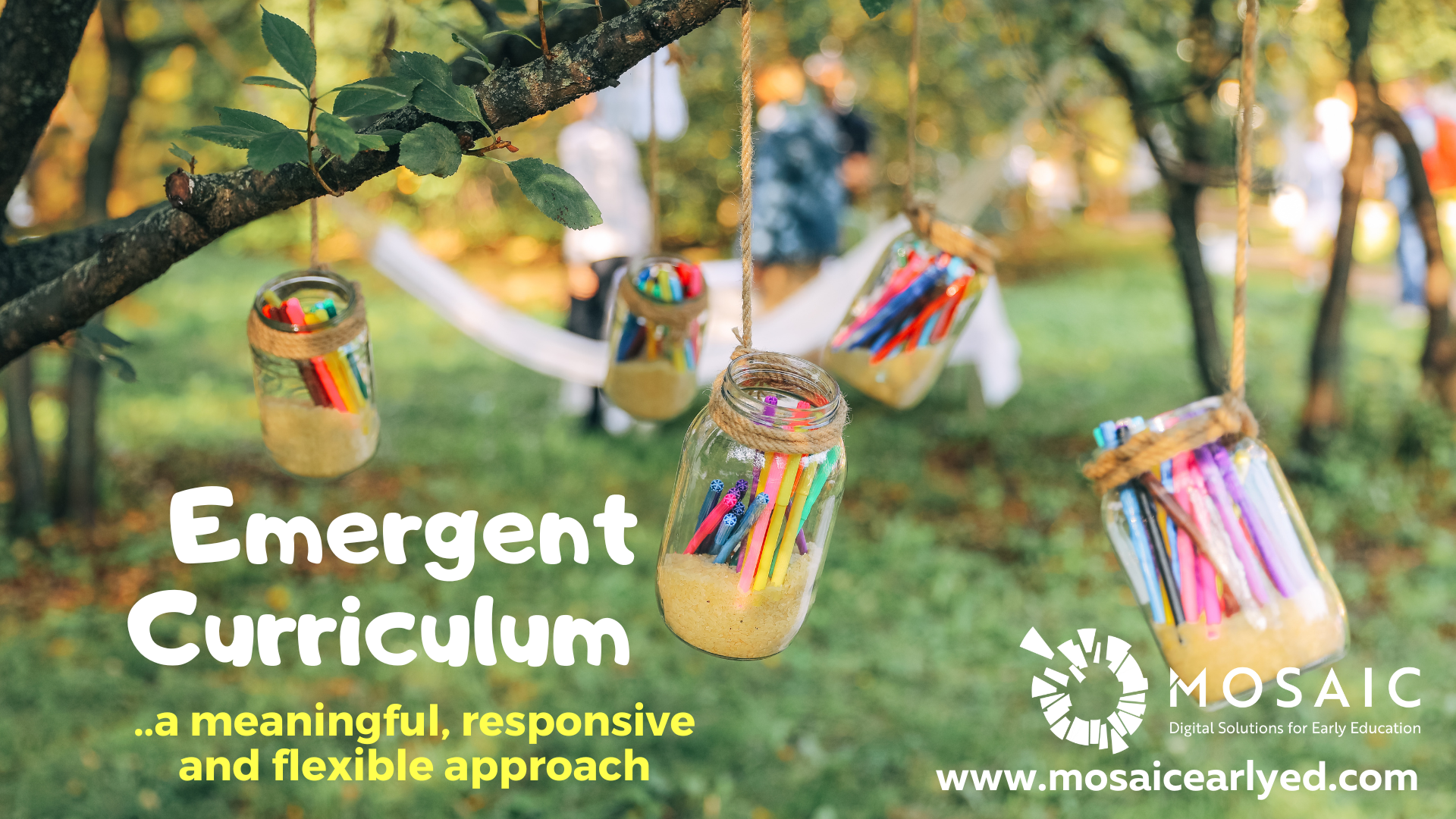Schematic Patterns in Play (2nd ed. Mar 23)
Programme Introduction
Schematic play happens when babies, toddlers and young children are involved in repeated actions or certain behaviours as they explore the world around them and try to find out how things work. We call these specific actions or behaviours 'Schemas'
'Schematic Patterns in Play’, identifies and explains the main play schemas. Sample activities to support children to develop these further are highlighted alongside descriptive words to build corresponding language acquisition under each schema. You will also see examples of how to write a learning story with a schema focus and many images of play schemas in action. This programme will be particularly suitable for those working with children under 3 and in junior pre-school.
The Resource Documents section contains printable handouts to support the programme content and a Certificate of Participation is saved to the educator profile on completion.
IMPORTANT* Before you start - please read 'NOTES FOR THE COURSE'. This contains important information to help you navigate the site if you are undertaking a programme for the first time.
Programme Content
- Hearing the voice of the child
- Building unconscious memories
- Trajectory, Transporting, Enveloping, Positioning, Enclosing, Rotation, Orientation, Connecting.
- Language linked to schemas
- Schema learning stories
- Seeing Aistear in schema play
- Activities to support, consolidate and extend schema
- Schema Watch activity
Key Learning Outcomes
Key Learning Outcomes from this programme include:
1. An awareness of the importance of schematic patterns of play in how young children think and learn
2. The ability to recognise the main schema types and how these are represented in children's play
3. Skills and awareness of how to provide activities that will support children to practice and consolidate schema play
4. An appreciation of how Aistear themes and goals are present in schematic play.
5. The ability to compile learning story observations about schema play
6. Understanding of the key role of the adult as a co-facilitator in schematic play.

02 Hours
€25.00
Presentation with video/audio
Easy to follow components
Downloadable reference documents
Test multiple choice questions
Certificate of Completion
You may also like
A Suitcase Full of Stories - Book information feature
0.5 Hours
Free
'Implementing Aistear 2024'
2.5 Hours
€25.00
Emergent Curriculum (2nd ed. April 2023)
2.5 Hours



